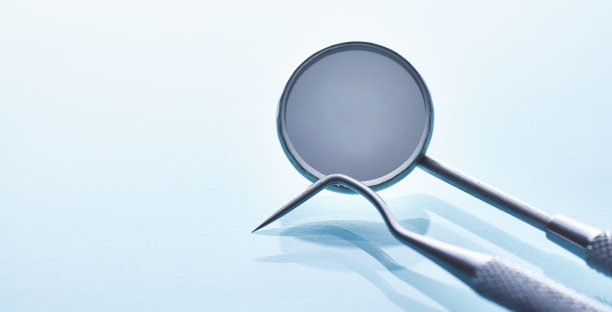Essential Guidelines and Precautions to Follow After Receiving a Dental Filling to Ensure Optimal Oral Health
Summary: After receiving a dental filling, it is crucial to follow specific guidelines and precautions to ensure optimal oral health. This article will discuss the essential aspects of caring for your teeth post-filling, including what to do immediately after the procedure, how to manage any discomfort, the importance of dietary considerations, and the need for ongoing oral hygiene. Understanding these elements will not only aid in a smooth recovery but also promote long-term dental health. Paying attention to these details can prevent complications, ensuring that your dental filling remains effective and your mouth stays healthy.
1. Immediate Post-Filling Care Steps

Directly after receiving your dental filling, it’s important to be cautious about what you do. First and foremost, do not eat or drink anything until the anesthesia has completely worn off. This generally takes a few hours, but you can typically expect it to last around two to three hours. Eating before you can feel your mouth fully can lead to accidental biting of your cheek or tongue.
Additionally, for the first day or so, avoid taking hot foods or drinks, as they can irritate the filling site and may increase sensitivity. Instead, opt for lukewarm or cold options to minimize discomfort. It would be best if you also refrain from vigorous activities, including intense sports or exercise, until you feel ready, as these can also lead to complications or discomfort.
Finally, if you notice excessive bleeding or severe discomfort, do not hesitate to contact your dentist. Early intervention can help prevent complications and ensure your filling heals correctly.
2. Managing Discomfort and Sensitivity
Post-filling, some patients experience discomfort or sensitivity in the filled tooth area. This discomfort is generally temporary and might be exacerbated by cold or hot temperatures. If sensitivity persists, over-the-counter pain relievers can provide relief, but it’s essential to follow the dosage instructions carefully.
If the pain continues beyond a few days or worsens, it might indicate that the filling has not settled properly or that there are underlying issues. Reach out to your dentist for a follow-up consultation if this happens. In some cases, an adjustment might be needed to ensure that you can comfortably bite down without pain.
To ease sensitivity, consider using toothpaste specifically designed for sensitive teeth. These toothpaste brands contain compounds that help to block transmission of pain signals from the tooth surface to the nerve.
3. Dietary Considerations After a Filling
Your diet plays a vital role in maintaining the integrity of a new dental filling. It’s advisable to avoid sticky, hard, or chewy foods for at least 24 hours after your treatment. Foods like gum or caramel can pull on the filling, potentially damaging it or even dislodging it entirely.
Moreover, refrain from consuming overly acidic drinks and foods, as these can erode the filling material if consumed repeatedly. Instead, focus on a diet rich in soft fruits, dairy products, and cooked vegetables, which are kinder to your teeth during the recovery phase.
Staying hydrated is crucial too, but avoid sugary drinks that can promote tooth decay. Water is the best option for hydration, helping maintain oral health and washing away food particles.
4. Importance of Ongoing Oral Hygiene
Maintaining excellent oral hygiene is essential after receiving a filling. Brush your teeth gently but thoroughly, focusing on the filled area. Using a soft-bristled toothbrush can help prevent irritation and discomfort while effectively removing plaque.
Don’t forget to floss daily as well, being careful around the filled tooth. This practice prevents plaque buildup in between teeth and beneath the gum line, areas that are often neglected and can lead to dental issues.
Regular dental check-ups play a significant role in ongoing oral health, especially after recent fillings. Visit your dentist every six months or as recommended to ensure that your fillings and overall dental health remain in optimal condition.
Summary:
After a dental filling, taking appropriate precautions is crucial to ensure your oral health remains intact. By following guidelines regarding immediate care, managing discomfort, observing dietary restrictions, and maintaining oral hygiene, you can significantly enhance your recovery and promote long-term dental well-being. These efforts help prevent complications, allowing your dental filling to serve its intended purpose effectively.
This article is compiled by Vickong Dental and the content is for reference only.



